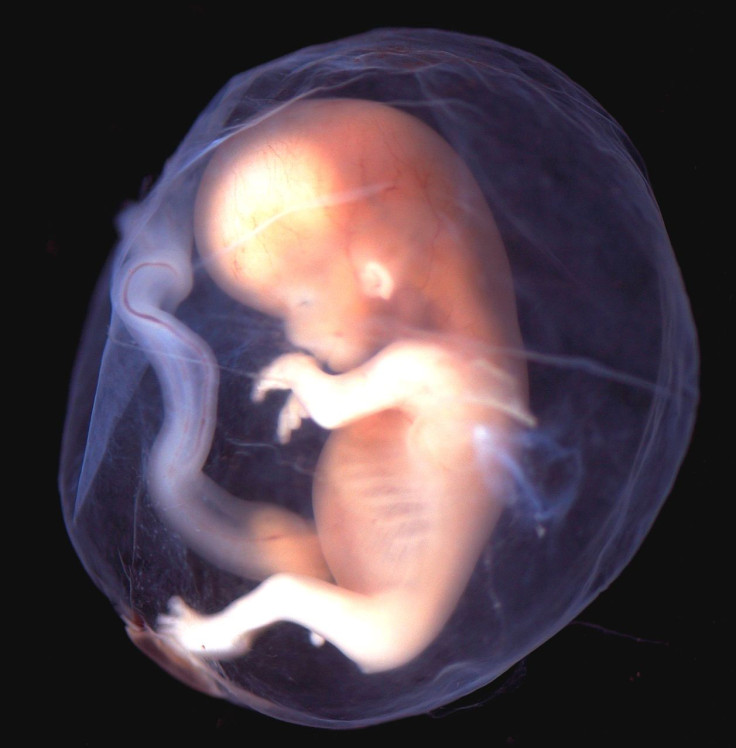IVF Babies Grown From Frozen Embryos Are Healthier Than Those Developed Fresh

Babies grown from frozen embryos are less likely to be born preterm or underweight and have a lower risk of premature death than babies developed from embryos implanted fresh, scientists claim.
Traditionally, fresh embryos, which are implanted just a few days after they are made in a dish, were the first choice in in vitro fertilization (IVF) because they are believed to have the best chance of resulting in pregnancy. Any leftover embryos are then frozen to allow the woman to try again if the IVF treatment isn't successful or left so that she may use it again for more children in the future.
However, a comprehensive study from Aberdeen University found that using embryos that had been frozen and then thawed, rather than being implanted shortly after being created, reduced the risk for both mother and child, leading researchers to suggest that embryos should be frozen before use in all IVF procedures.
Scientists conducted a review of 11 studies from around the world, which involved more than 37,000 pregnancies, and found that babies grown from frozen embryos were 30 percent to 40 percent less likely to be born underweight or premature and 20 percent less likely to die within the first days or weeks after birth.
The study, published in the journal Fertility and Sterility, also found that women who used frozen embryos were 30 percent less likely to suffer complications like bleeding in pregnancy compared to women who used fresh ones.
While the latest findings seem counterintuitive to current procedures, scientists said that the results should soothe fears about the safety of freezing something as delicate as an embryo.
Currently, in IVF treatment, doctors stimulate the ovaries to produce a number of eggs. Afterwards, the eggs are then removed and fertilized and the healthiest-looking ones are then implanted three to six days later, while the remaining embryos that are deemed second best are frozen for future use.
"We found pregnancies arising from the transfer of frozen thawed embryos seem to have better outcomes both for mums and babies when compared to those after fresh embryo transfer," Dr. Maheshwari told the British Science Festival in Aberdeen on Tuesday, according to The Telegraph. "Traditionally, it has been thought that fresh is always better and used as a first choice."
Researchers are still unsure as to why using frozen embryos appear to yield better results for both the mother and the baby, but they suggest that it may be that only the strongest embryos survive the freezing process, sometimes being frozen for several months.
Another reason could be that the delay caused by freezing may also give the woman's body and the delicate lining of her womb time to discharge the powerful drugs used to stimulate the ovaries into making several eggs at once.
Researchers suggested that lengthening the time between giving the drugs and pregnancy should also lower the chances of a woman's risk of ovarian hyperstimulation syndrome, a potentially fatal complication that can be triggered by taking certain fertility medication that stimulate egg production.
Scientists noted that while more studies are needed before doctors are recommended to freeze all embryos before implantation, the latest findings could one day lead to a shift in fertility practice to improve the chances of IVF success. "Our results question whether one should consider freezing all embryos and transfer them at a later date rather than transferring fresh embryos. This represents a major paradigm shift in assisted reproduction," Maheshwari said.
However, researchers noted that some hospitals may be better at freezing that others and some women's embryos may not survive the cyropreservation or freezing process.



























